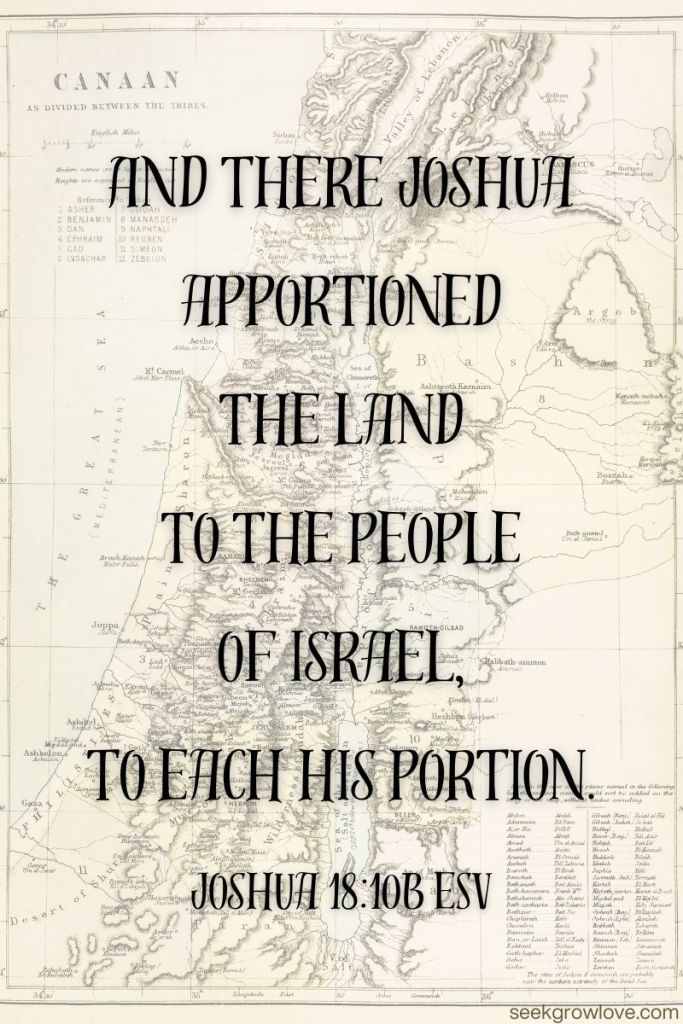
Old Testament: Judges 12 & 13
Poetry: Psalm 57
New Testament: 1 Corinthians 13:7
Love bears all things, believes all things, hopes all things, endures all things.
Through this week of reading through 1 Corinthians 13 Paul is giving us concrete examples of what It means to love. He’s building this message into a kind of crescendo. Like a great symphony or chorale masterwork, the various themes of the story build on themselves. Here he is moving toward the peak of this love song with 4 things that love does: love bears, love believes, love hopes and love endures. That would be a lot. But he adds “all things.”
I could take time and give you a detailed exegesis of what each of these words means in the original Greek and how they are used in Corinthians and throughout Paul’s writings and the Bible as a way to arrive at their precise meanings, but I’m not going to do that. Instead, I’m going to tell you a story.
I grew up in a loving family. My father was a pastor and also a school teacher. My mom was a pastor’s wife and drove a school bus and took care of our family, keeping us fed every day precisely at 6 p.m., our clothes washed and our house neat. I felt loved and supported along with my 2 older sisters Cheryl and Debbie. I was the baby, younger than my two older siblings by 7 and 10 years. My parents were in their early 40’s, our family was settled and my oldest sister had already left the nest and gotten married. I was an active boy, a happy ‘tween who played baseball and basketball and hadn’t started noticing girls yet at eleven, but life was sweet. We went to Church every Sunday and learned about God and his love for us.
Then the world changed. My Mom found out that she was going to have another baby. Surprise! Jeff, you’re not going to be the youngest child anymore, you get to be a big brother. I couldn’t wait, after years of being the only boy, the little brother who had to listen to his older sisters who both loved me but could also be a bit bossy. Sometimes it felt like I had a Dad and 3 Moms telling me what to do. Now I would have a little brother to boss around and to show how to hit a baseball and shoot a free throw. I even had a name picked out for my little brother, Scott. I don’t know why I picked that name, but that was the name I picked for my little brother.
As it turned out, “Scott” was born a little girl, whom my parents named Christine Noelle (she was born right after Christmas so she got a very Christmasy-sounding name). Before I got to meet my little sister (I got over the fact that she was not my little brother Scott) my parents shared that she was a special child. She was born with some differences in her little body that made her look different from other babies that I had known and she would not be able to do all the things that other children did in the way that they did them. The name for my sister’s condition was called Down’s Syndrome. I didn’t fully understand what that meant, but I was glad when my parents got to bring her home and we all loved her very much.
For the next 50 years my Father and Mother, and after my father died my mother alone, provided love and care for Christine. She received cutting-edge health care. She had multiple surgeries to repair things that normally didn’t function well in children with Down’s Syndrome that would help extend her life. She started getting therapy and schooling and grew to be a happy and loving young woman.
I found out many years later, as an adult, that when she was born her doctor advised my parents to have her institutionalized. He said she would never live with a good quality of life and would be a burden to them. It would be best for them, for the family, and everyone else to let her be put away. I am so glad that my parents did not listen to the advice of their physician but to the love of God in their hearts.
My mother, who is now 90 has spent the last 50 years loving my sister Christine. Christine has spent the last 50 years loving my mom. My mom has spent 50 years bearing, believing, hoping, and enduring many trials and challenges while caring for my sister. She has been for me, a model of what Paul talks about when he describes what true love is all about.
At 90, my Mom has come to recognize her limits, she will not be around forever to care for Christine, but even now she is acting in love to help prepare my sister to live a good and flourishing life after my Mom is no longer here.
I could tell many other stories about love that I have seen and experienced in my life.
When we love in selfless ways we bear God’s image to the world.
Pastor Jeff Fletcher
Reflection Questions
- Think of a person in your life who modeled a selfless love for others. What does their life teach you about God’s love?
- Why does Paul connect bearing, believing, hoping and enduring all things with concrete examples of love?
- What is something you can do today to show selfless love for another?









